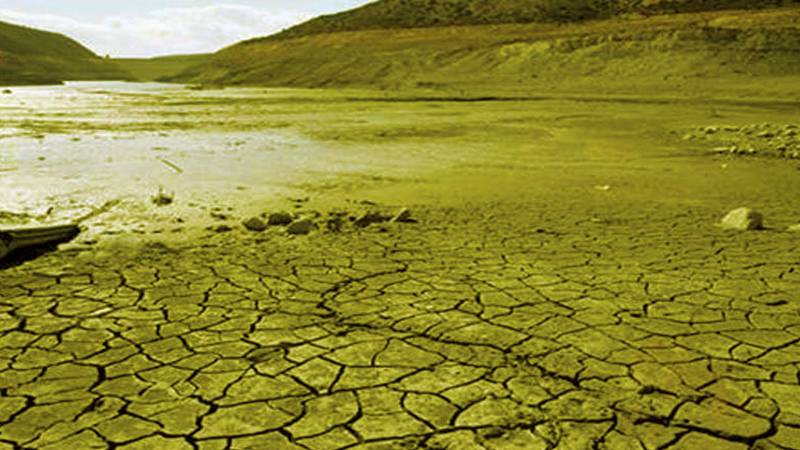
A $10 million project to reduce Pakistan’s vulnerability to climate-driven impacts has got the green light, after the Adaptation Fund Board approved a new landmark project for the Indus: Sustainable Actions for Ecosystems Restoration in Pakistan (SAFER).
SAFER, led by the Ministry of Climate Change and Environmental Coordination (MOCCEC), with International Centre for Integrated Mountain Development (ICIMOD) serving as regional implementing entity, will see the roll-out of key, inclusive approaches to increase integrated and adaptive water resource management in the Indus River, with a particular focus on nature-based solutions (NbS) and interventions that benefit and/or are designed to increase the participation of women, youth, and children.
With 90% of Pakistan’s people and more than three-quarters of its economy sited in the Indus Basin, climate-driven alterations to the river’s flow are set to seriously impact Pakistan’s economy and ecology, threatening hard-won gains in poverty reduction and inclusive development.
SAFER aims to mitigate the risk of such climate shocks, leveraging the expertise of executing partners children’s humanitarian and developmental aid organization United Nations Children’s Fund (UNICEF) and gender equality body UN Women.
The project particularly focuses on interventions around water, sanitation and hygiene (WASH) sector, and targets women, children, and youth, in order to build the resilience of those communities disproportionately hit by climate-induced crises.
The project is designed to align with national plans and strategies, including Pakistan’s National Adaptation Plan and the country’s flagship Living Indus Initiative, which deploys nature-based solutions and ecosystem-based adaptation approaches to protect, conserve, and restore natural, terrestrial, freshwater, coastal and marine ecosystems in the Basin.
SAFER, which will roll out in Gilgit-Baltistan, Khyber Pakhtunkhwa and Sindh over the next three-and-a-half years will set up community-based early warning systems in hazard-risk zones, nature-based spring-water recharge systems in water-stressed communities, nature-based ground-water recharge facilities and climate-resilient water infrastructure, ecosystem-based wetlands and wastewater treatment facilities, rehabilitated water ponds to reduce surface waste-water, capacity-building programmes to support women and youth to participate in climate adaptation and disaster management and resilience policy development.
“We’re delighted to see this project get the go ahead which aligns perfectly with the Pakistan government’s priority to address climate challenges and strengthen resilience in the face of increasing climate-related disasters,” said Romina Khurshid Alam, Coordinator to the Prime Minister on Climate Change and Environmental Coordination.

